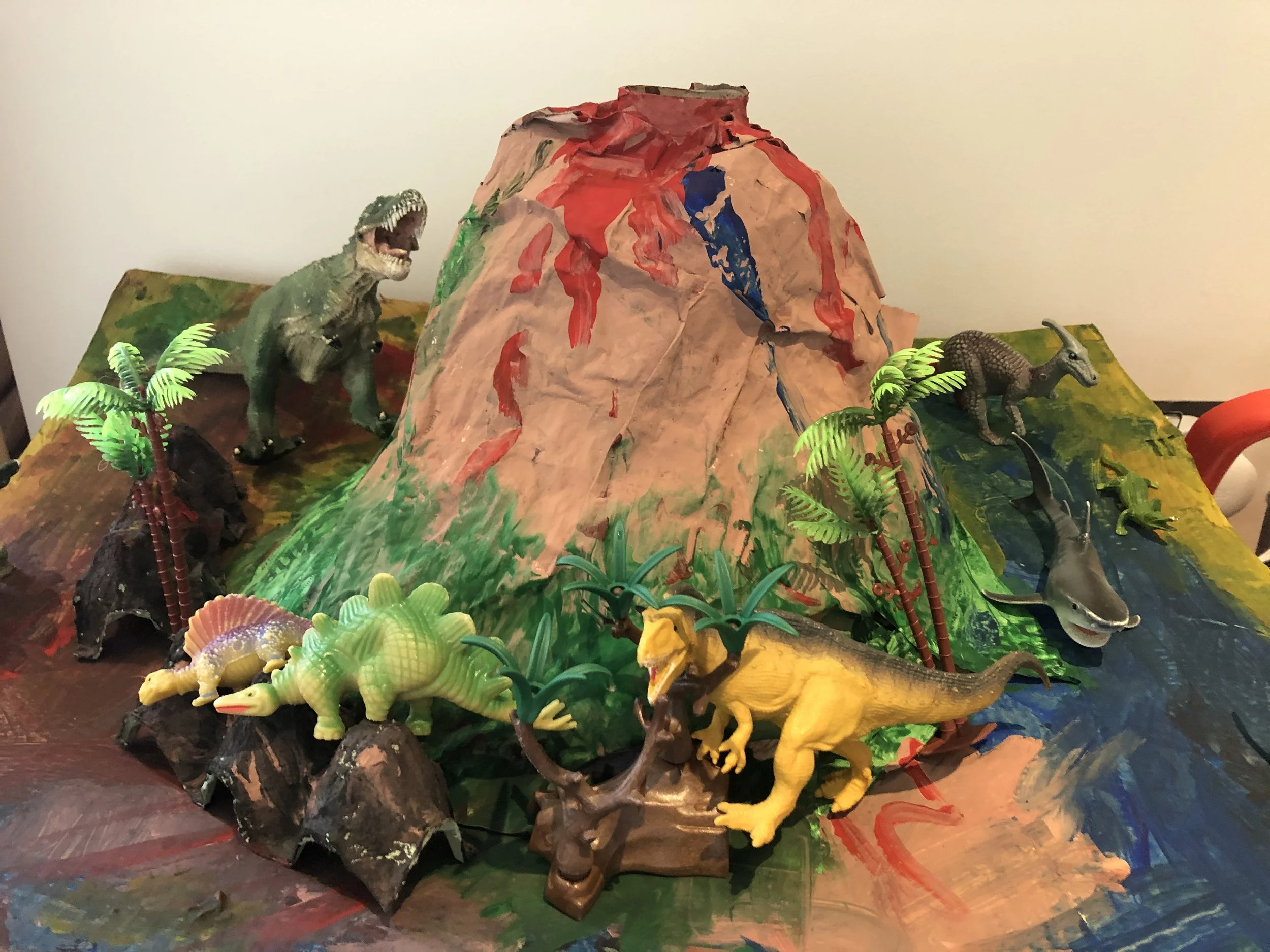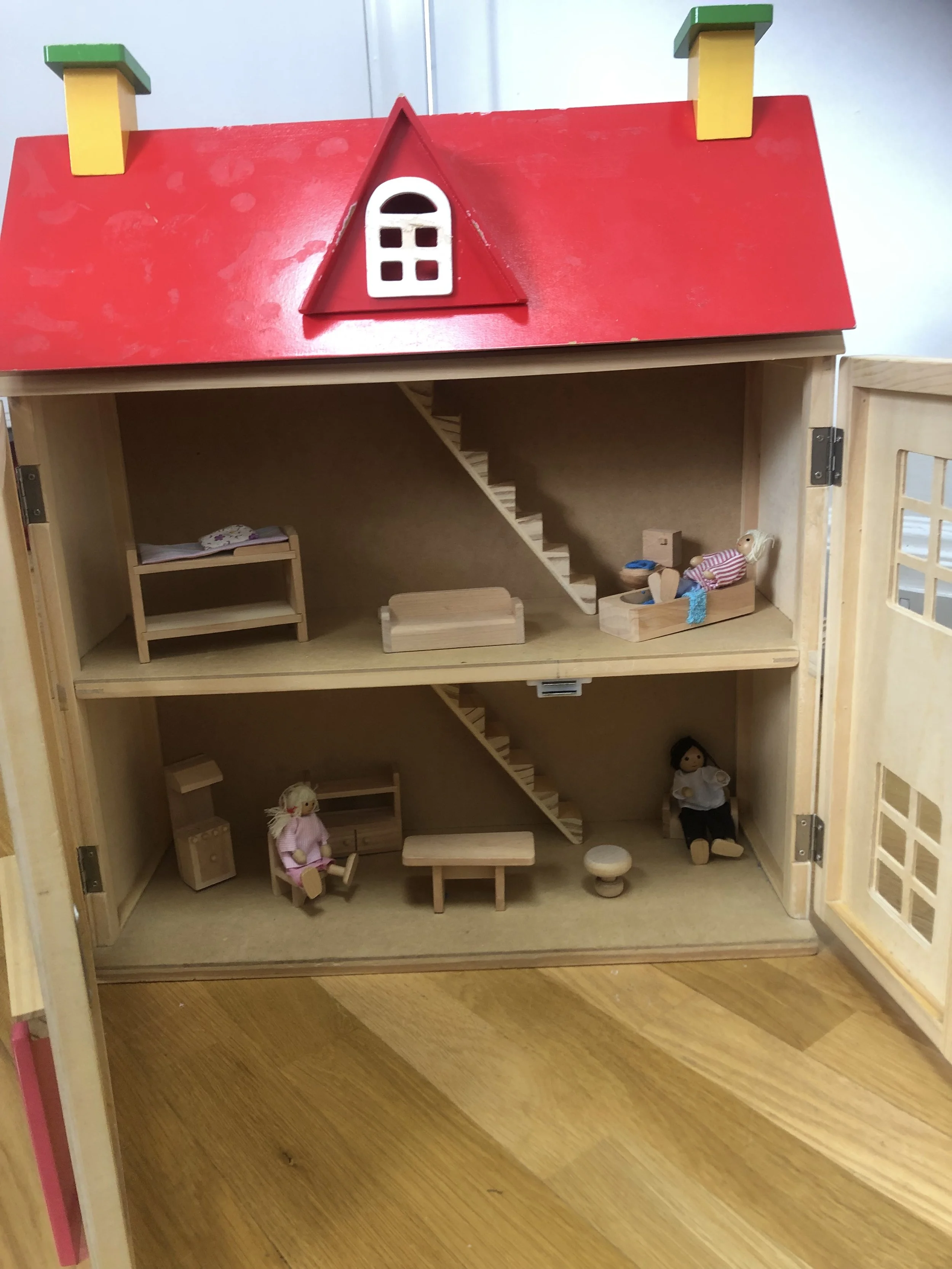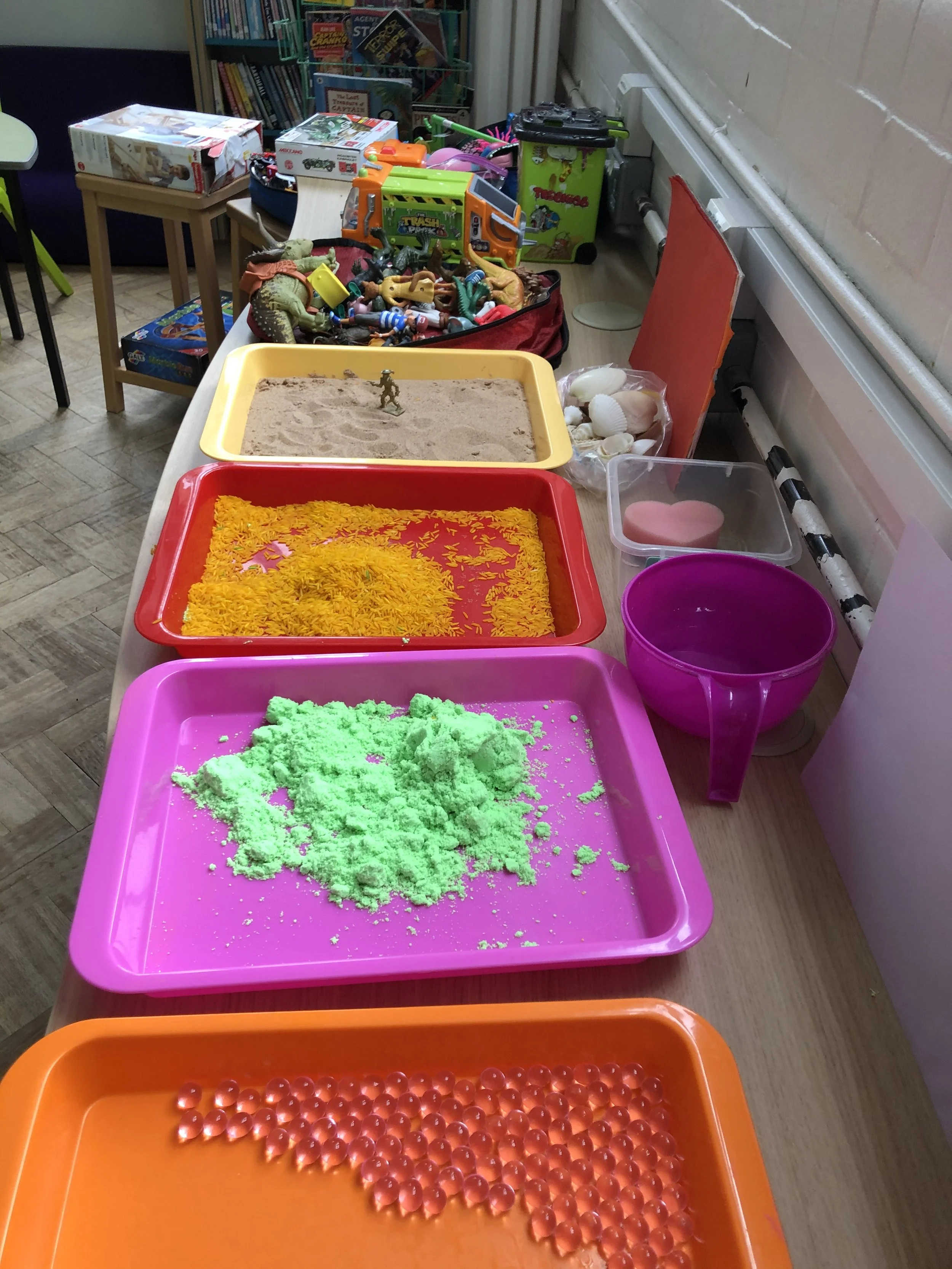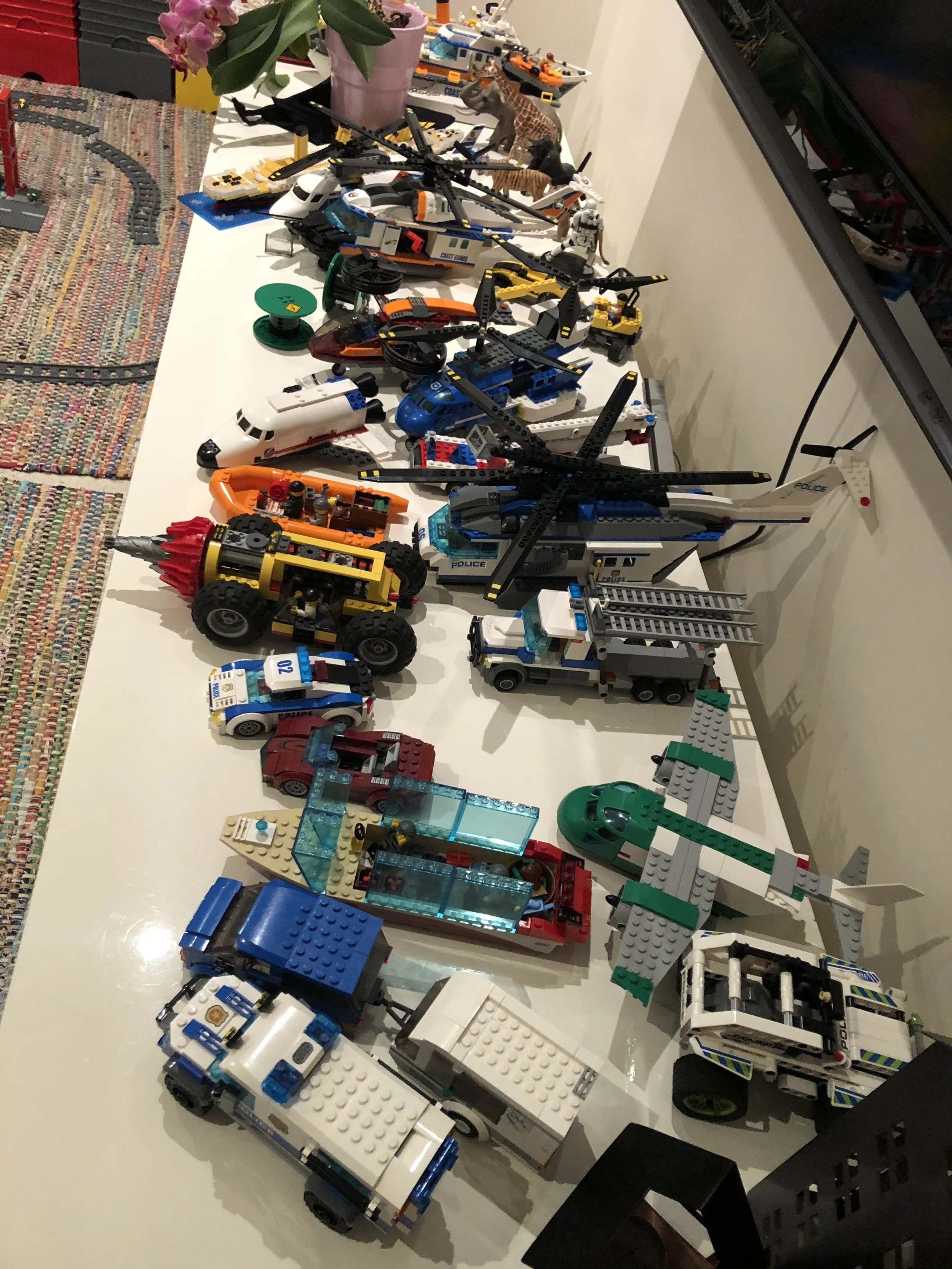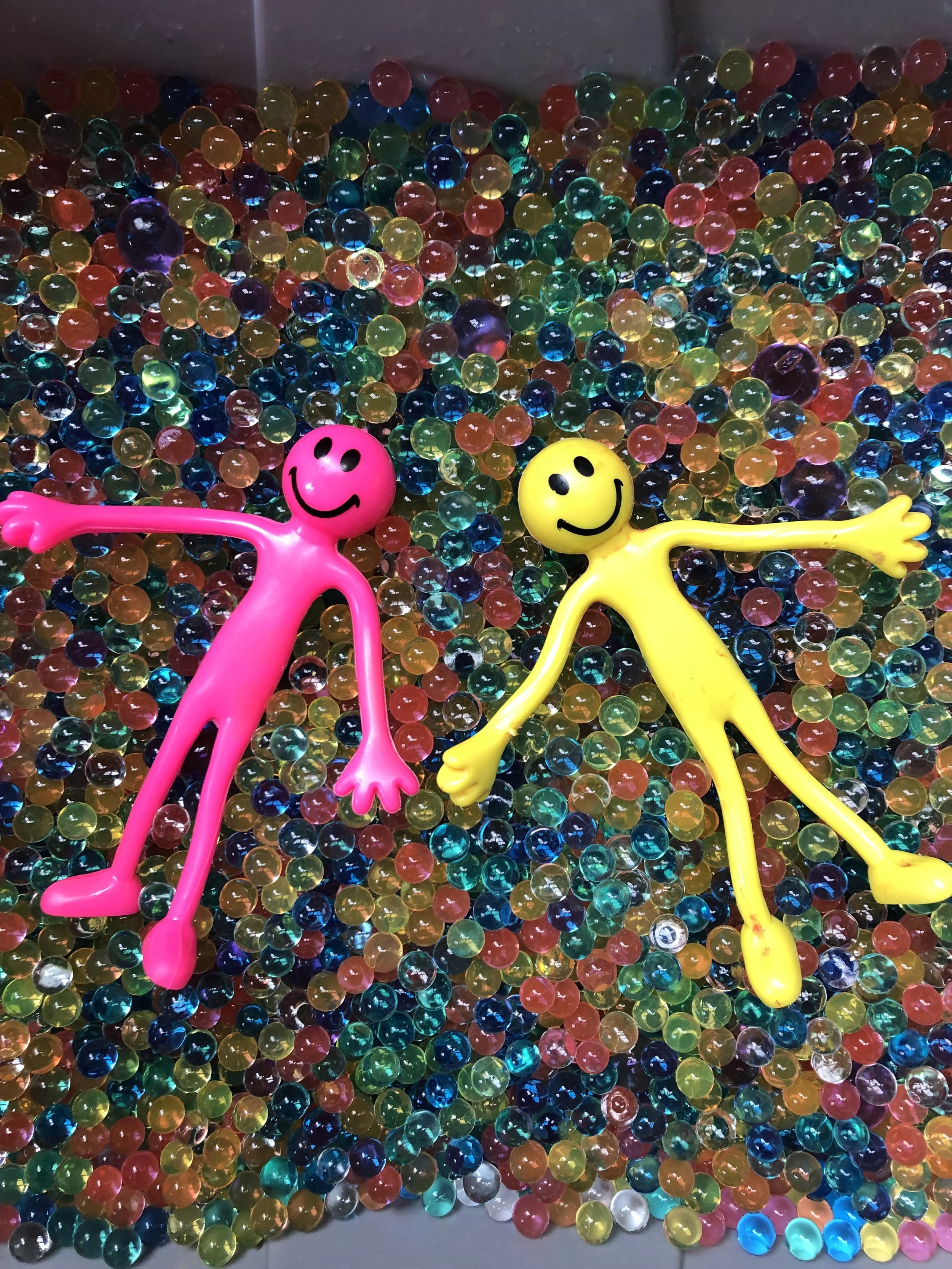
“As children learn responsibly to control their feelings, they are no longer controlled BY those feelings.”
(Landreth, 2002)
Play Therapy
Play Therapy is a gradual process resulting in changes of behaviour, attitudes and growth with long lasting outcomes. Among many benefits play has for children, communication and self-expression using therapeutic toys and resources supported by a trusting relationship in a safe environment is the main feature of play therapy.
By engaging in play, the child releases the unpleasant thoughts suppressed in the subconscious and brings these forward into the conscious. Once the chaotic and difficult thoughts arise, the child learns to understand these, accept the situation and make sense of it. When the children are aware and understand their thoughts, they gradually build up resources to face their challenges and to cope with them.
Play Therapy can start approaching to end when the child is: less dependent, less confused, expresses himself safely and openly, expresses anger appropriately, accepts responsibility for own actions and behaviours, initiates activities with assurance and the child’s play has direction.
As the overwhelming feelings or thoughts are abstract, play gives us space to explore these in a safer way, without words. Children are happier and feel safer when they know that their internal chaos is understood.
